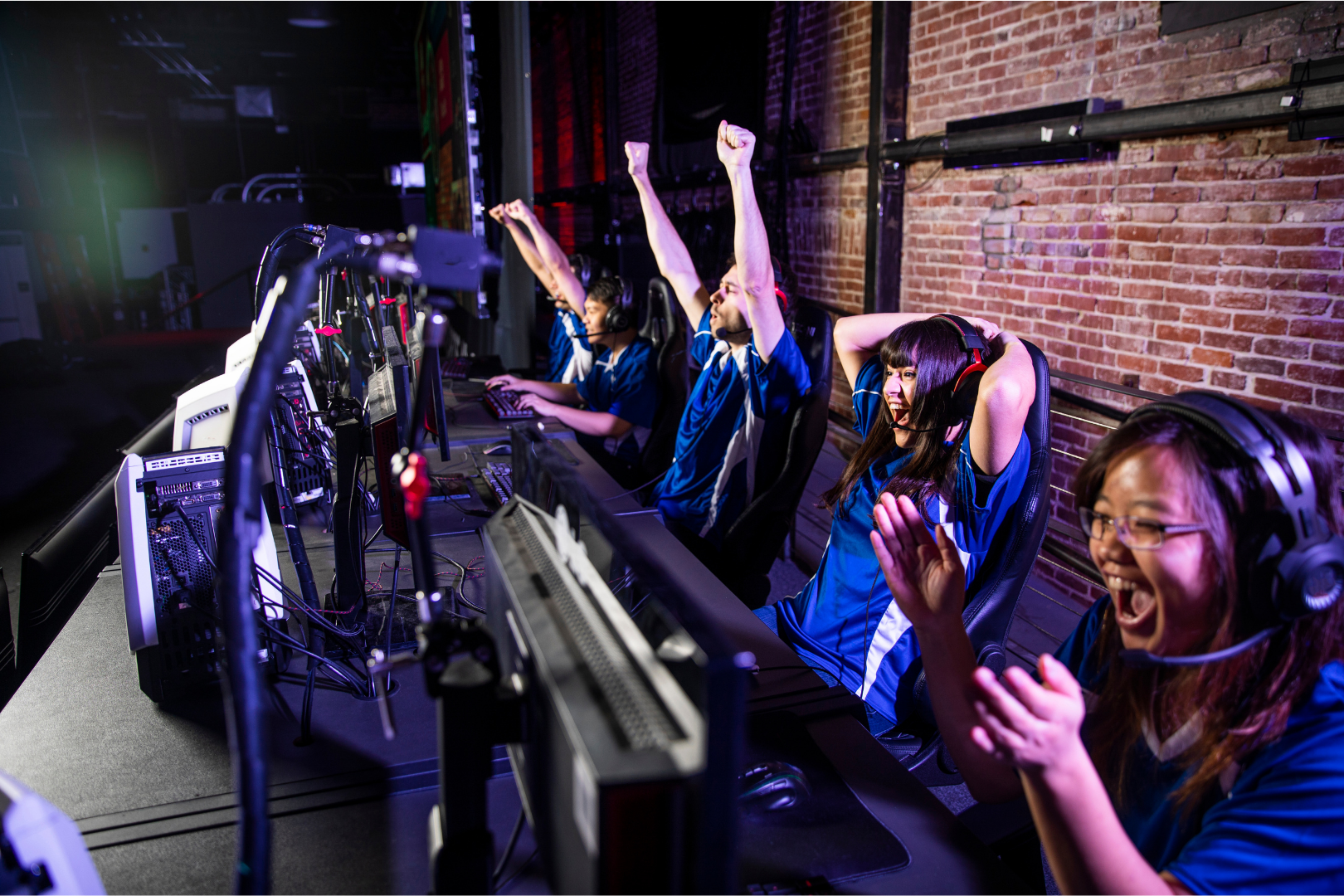
You may have seen it trending on Twitter, read it on an article while scrolling through Facebook, or seen an ad for it on Instagram or YouTube. Indeed, the buzz around esports today continues to grow.
Esports, also known as electronic sports, refers to the world of organised competitive video gaming. The British Esports Association emphasises that it differs from regular video gaming in that it is competitive (human-vs-human) and, like traditional sports, usually has an exciting spectator aspect. Esports tournaments often feature amateur and professional players fighting for a monetary reward.
In the 21st century, esports has become a new and exciting way to engage students, with schools setting up varsity esports teams and offering esports courses. Although there are some concerns about the dark side of gaming, including exposure to violent content and addiction, these need to be challenged. As stated by the Dana Foundation, most correlation studies reveal only a small effect, and there is no hard proof that such games result in mass murders or other heinous crimes. Further, gamers push to destigmatise esports. While video gaming addiction is real, overindulgence is what leads to addiction. It is self-defeating to say that students must avoid esports because they might get addicted to it; instead, they should allow themselves to have the chance to be in control and strike a balance.
So, what is the good side of gaming? Keep reading to know how the rise of esports benefits students!
Teamwork and leadership skills
Esports builds not only teamwork but also leadership skills. With multiplayer games, students learn to collaborate and maximise their strengths to succeed, contributing to their social growth. Solo games can also hone teamwork skills as players usually practice with one another and develop the best strategies to beat their opponents. As players become more competent, esports can strengthen their leadership skills, encouraging them to take on roles that involve giving directions to the team, as in shot-calling in games like League of Legends and Mobile Legends. Moreover, players can take it to the next level by mentoring or coaching others.
Interest in STEM careers
Esports can help in boosting interest in STEM careers. Students who engage in esports may be more likely to pursue STEM careers as they can gain hands-on experience. For example, players utilise data analytics for gameplay, learn about game broadcasting and marketing science, and sharpen their technological proficiency through streaming, editing videos, and creating tutorials. Esports can truly be a pathway to careers in computer science, data science, programming, web and software developers, and more.
Scholarship opportunities
With the continuing popularity of esports, many colleges and universities now have official esports teams. Among these are the University of Akron, the Ohio State University, and the University of California at Irvine (UCI), which even has a campus arena. With this, esports can serve as a gateway to collegiate scholarships. In 2019, approximately 200 U.S. colleges and institutions gave $15 million in esports scholarships. So, for young students who participate in esports, their love for play may lead them to get a scholarship and other privileges, including housing and allowance.
Personal positive development
Good mental health and positive personal development can grow out of esports. According to researchers at Psychophysiology and Health Lab at Adam Mickiewicz University in Poznań, Poland, “most individuals (including researchers) who are not familiar with esports and gaming might believe that it is driven by blood-thirst, violence, anger… but that is not true.” Their findings indicated that positive emotions enhanced players’ motivation, and negative emotions like anger were counterproductive. As players improve their performance and become more confident in their abilities, they may increase their self-esteem and regulate their emotions, using positive emotions constructively.
Final Thoughts
Integrating esports into education does do a lot of good. It fosters a combination of soft and hard skills to help with student success. Creating an esports program at schools may also increase interest in STEM careers and help students prepare for the relevant workforce.
So, did you get excited about esports? Do you have amazing footages of your previous games that you want to compile to be used for a scholarship and professional career? Upload your videos in your Outwiths portfolio!
esports technology benefits stem career